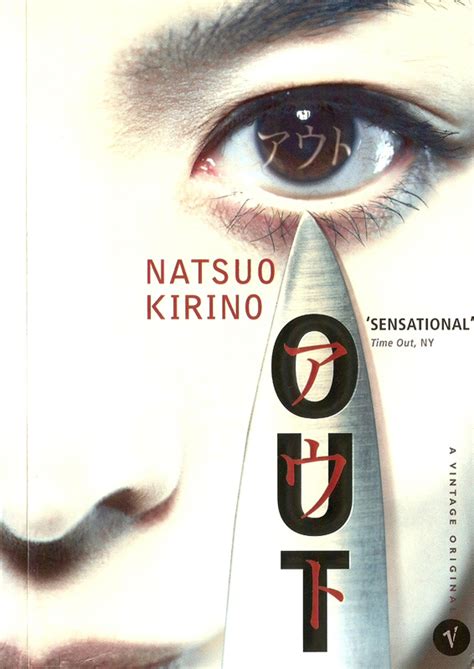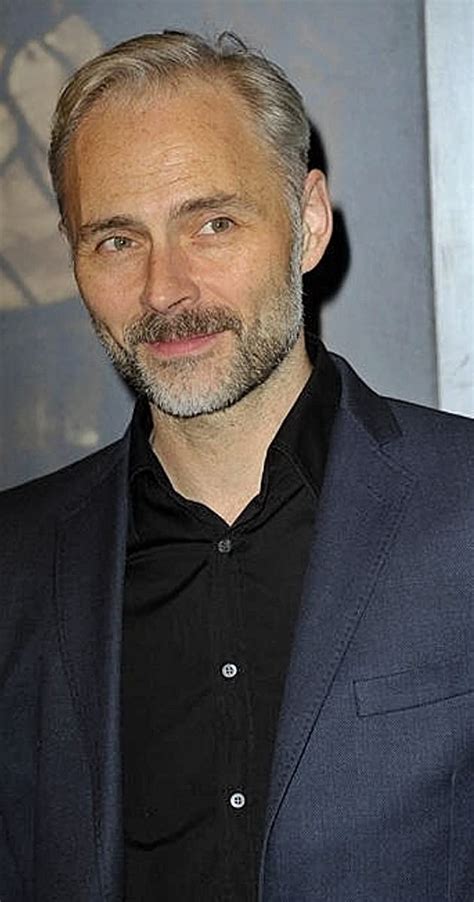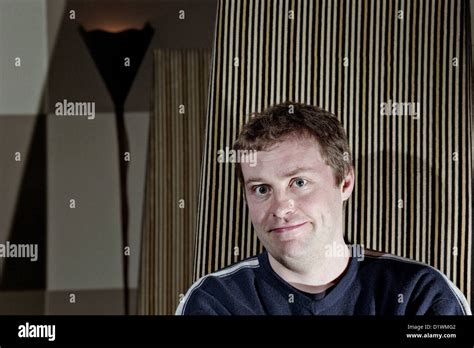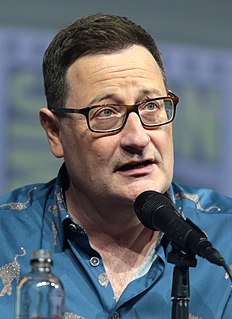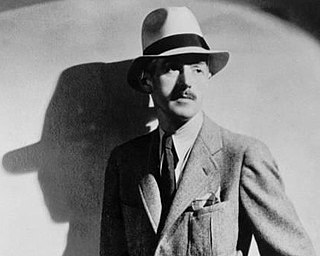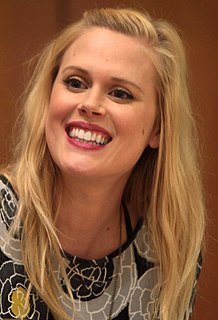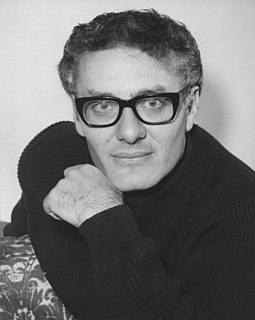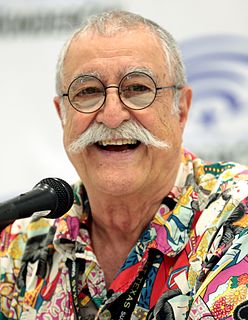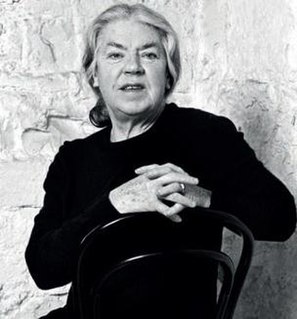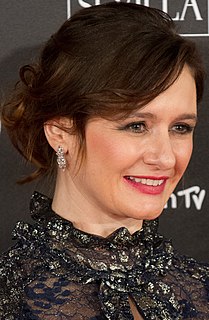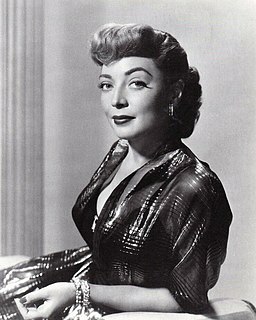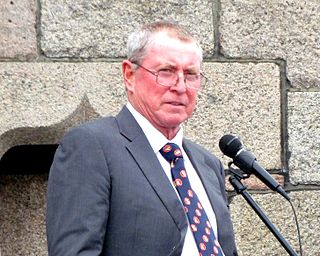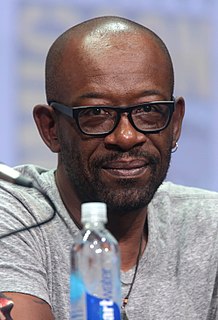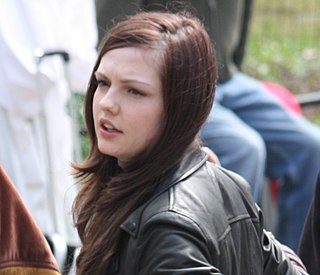Top 1200 Detective Stories Quotes & Sayings
Explore popular Detective Stories quotes.
Last updated on November 28, 2024.
The average detective story is probably no worse than the average novel, but you never see the average novel. It doesn't get published. The average -- or only slightly above average -- detective story does.... Whereas the good novel is not at all the same kind of book as the bad novel. It is about entirely different things. But the good detective story and the bad detective story are about exactly the same things, and they are about them in very much the same way.
I read a lot of detective stories because they always deliver. They give you a beginning, a middle, and an end - a resolution. The modern novels I read don't always deliver because I'm looking essentially for a story. As in Shakespeare, "The play's the thing." In particular I read detective stories for pacing, plot and suspense.
I think the detective story is by far the best upholder of the democratic doctrine in literature. I mean, there couldn't have been detective stories until there were democracies, because the very foundation of the detective story is the thesis that if you're guilty you'll get it in the neck and if you're innocent you can't possibly be harmed. No matter who you are.
What I try to do is write a story about a detective rather than a detective story. Keeping the reader fooled until the last, possible moment is a good trick and I usually try to play it, but I can't attach more than secondary importance to it. The puzzle isn't so interesting to me as the behavior of the detective attacking it.
When Sir Arthur Conan Doyle conceived Sherlock Holmes, why didn't he give the famous consulting detective a few more quirks: a wooden leg, say, and an Oedipus complex? Well, Holmes didn't need many physical tics or personality disorders; the very concept of a consulting detective was still fresh and original in 1887.
Mma Ramotswe had a detective agency in Africa, at the foot of Kgale Hill. These were its assets: a tiny white van, two desks, two chairs, a telephone, and an old typewriter. Then there was a teapot, in which Mma Ramotswe – the only lady private detective in Botswana – brewed redbush tea. And three mugs – one for herself, one for her secretary, and one for the client. What else does a detective agency really need? Detective agencies rely on human intuition and intelligence, both of which Mma Ramotswe had in abundance. No inventory would ever include those, of course.
Boredom has been used as a technique, it is a device. In Zen, boredom is used as a device: you are bored to death, and you are not allowed to escape. You are not to go outside, you are not to entertain yourself, you are not to do, you are not to talk, you are not to read novels and detective stories. No thrill. No possibility to escape anywhere.
I have always felt a little bit uncomfortable with question [why I'm write these stories]. It's not a question that you would ask a guy that writes detective stories or the guy that writes mystery stories, or westerns, or whatever. But it is asked of the writer of horror stories because it seems that there is something nasty about our love for horror stories, or boogies, ghosts and goblins, demons and devils.
I spent a lot of time with a real detective, a lady detective inspector who was the only female detective inspector in the whole of East London. She and I hung out a lot. She showed me what she did and I spent time with her. So, [she was] a lot of the inspiration for the way I dressed and sometimes the dialogue in those interview scenes where we're cross examining and questioning the youths and trying to get a confession out of them.
I suppose I'm not quite the oldest detective on the block - David Jason is. When's he going to retire and give rest of us a chance?! No, his Touch Of Frost is terrific and a wonderful antidote to the po-faced detective shows around at the moment. Anyway, I can't retire. I have a wife and five chickens to feed.
Love interest nearly always weakens a mystery because it introduces a type of suspense that is antagonistic to the detective's struggle to solve the problem. It stacks the cards, and in nine cases out of ten, it eliminates at least two useful suspects. The only effective love interest is that which creates a personal hazard for the detective - but which, at the same time, you instinctively feel to be a mere episode. A really good detective never gets married.
I often use detective elements in my books. I love detective novels. But I also think science fiction and detective stories are very close and friendly genres, which shows in the books by Isaac Asimov, John Brunner, and Glen Cook. However, whilst even a tiny drop of science fiction may harm a detective story, a little detective element benefits science fiction. Such a strange puzzle.
I like to consider myself a detective, which is how I justify my obsession with my phone. By nature, since I was a kid, I've always wanted to be a detective, and any portal to information and investigating things I have ever been given access to, I have dived into. With my phone, unfortunately, I have immediate access to everything.


